Agenda
9:00 Welcome & Establishing Goals for the Day
9:30 Equity Mindedness in Higher Education: Becoming an Institutional Change Agent – Prof. Estela Bensimon, Co-Director, Center for Urban Education at the University of Southern California
10:30 Latinos in Higher Ed in the San Francisco Bay Area: A Case Study at SF State – Prof. Belinda I. Reyes, Director, César E Chávez Institute
12:00 Group Activity: Setting Priorities for Latinos in San Francisco
1:00 – Understanding the Disenfranchisement of Men of Color in Higher Education – Prof. Aida Hurtado, Luis Leal Endowed Professor of Chicana/o Studies, University of California, Santa Bárbara.
2:20 From Microaggressions to Community Cultural Wealth: Insights for Intellectually Engaging Latina/o University Students – Prof. Marcos Pizarro, Coordinator, MAESTR@S and the Institute for Teachers of Color Committed to Racial Justice at San José State University.
3:20 Group Activity: Developing an Action Plan for Latino College Attainment
Where
SF State University1600 Holloway Ave
César Chávez Student Center - Terrace Level - Jack Adams Hall
San Francisco, CA 94132
Driving Directions
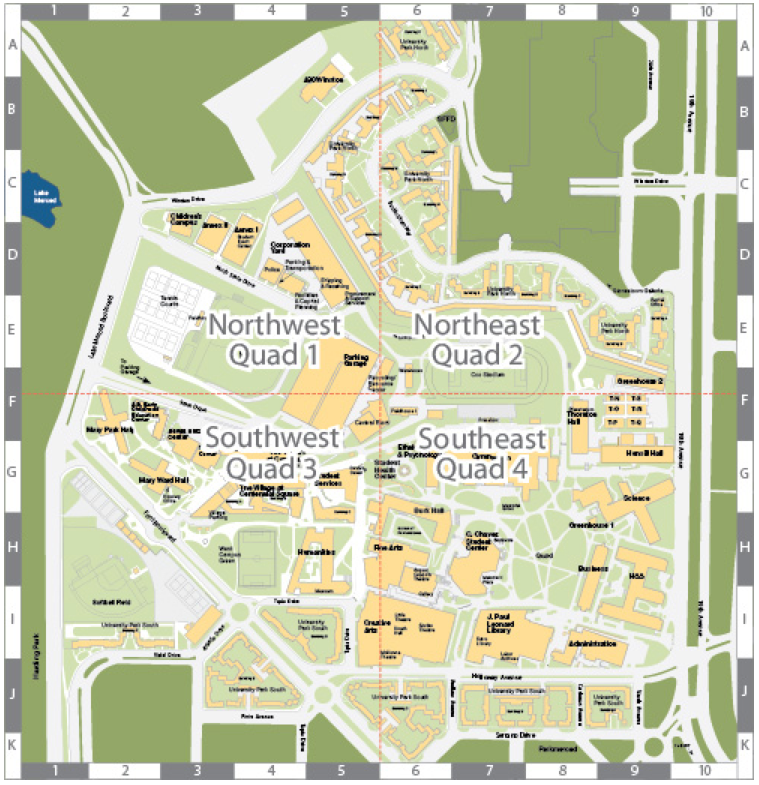 Campus
Campus
Download a campus map and locate the César Chávez Student Center (not the same location as César Chávez Institute), and the Parking Garage.
 Parking
Parking
Paid parking is available in the campus parking garage (called Lot 20).
The cost is $7/day, cash only. The permit vending machines in the parking garage only accept small bills (no debit/credit cards). If you wish to pay by check for your day passes, arrive a little earlier and stop first at the nearby Parking Office, before entering the garage.
 Transportation
Transportation
See the University's page on public transportation, parking, and driving.
A comprehensive regional public transportation guide is available via the Municipal Transportation Agency. The campus is primarily accessible by the MUNI Metro "M" line, stopping at the corner of 19th and Holloway Avenues.
Contact
Cesar E. Chavez InstituteSan Francisco State University / College of Ethnic Studies
415-405-7579
cci@sfsu.edu
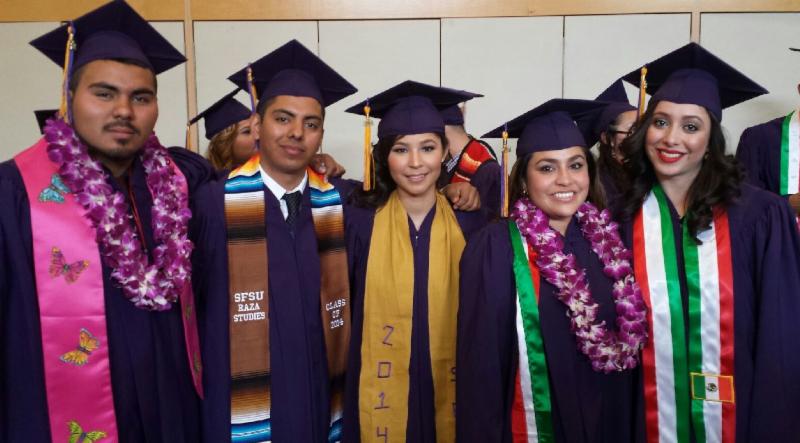
Latino Students in Higher Education
Identifying critical issues and new possibilities at Bay Area universities
Equity Mindedness in Higher Education:
Becoming an Agent for Institutional Change
Latinos, African Americans, American Indians, and Asian/Pacific Islanders have gained greater access to higher education since the passage of the 1964 Civil Rights Act. However, increased access has not translated into equity in BA attainment. Professor Bensimon views inequality in higher education as a problem of institutional practices, structures, and policies. She and her colleagues at the Center for Urban Education have designed the Equity Scorecard, a tool that is informed by theories of organizational learning, practice theory, and participatory critical action research methods, as a strategy of equity-minded change. In this talk, Dr. Bensimon will discuss the importance of being intentional about equity and discuss strategies to build an “equity minded” campus.
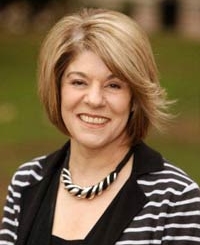 Estela Mara Bensimon, Ed.D.
Estela Mara Bensimon, Ed.D.
Dr. Bensimon is a professor of higher education and and founder and co-director of the Center for Urban Education (CUE) at the University of Southern California's Rossier School of Education. CUE's goal under her leadership is to produce academic research about the importance of equity and equity-mindedness in higher education, and to create tools for practitioners that lead to equitable student outcomes. Her work has resulted in the development of the signature Equity Scorecard, a unique action research model.
Her current research is on racial equity in higher education from the perspective of organizational learning and socio-cultural practice theories - particularly place-based, practitioner-driven inquiry for organizational change.
Professor Hurtado will be speaking on her recent work, including the edited book Understanding the Disenfranchisement of Latino Men and Boys: Invisible No More. She will review the original research and new theoretical paradigms to examine and explain the severe social, educational, and economic disadvantages, hardships, and vulnerabilities experienced by Latino men and boys — ones that include high dropout rates, disproportionate levels of incarceration, and their concentration in low wage jobs. Through the application of the theoretical framework of intersectionality,she examines the ways in which race, class, sexuality, ethnicity and gender interact to marginalize Latino men and boys in the United States and to severely limit their life chances.
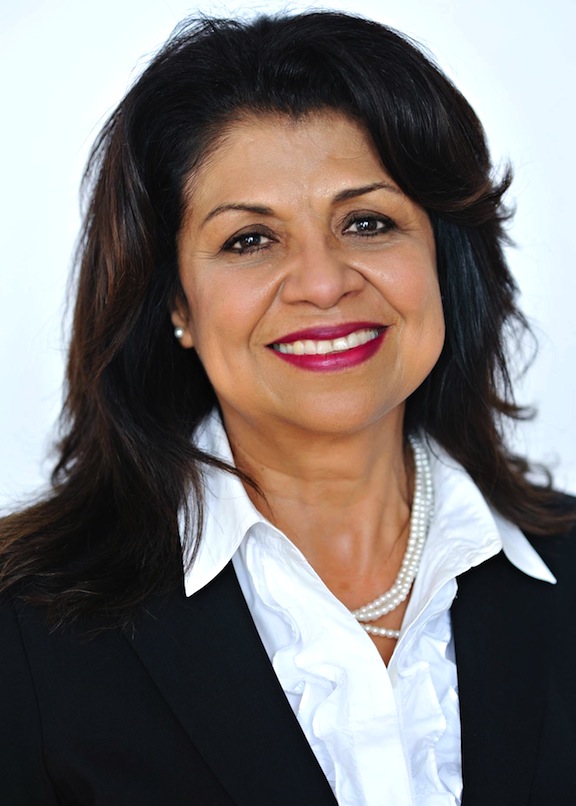 Aida Hurtado, Ph.D.
Aida Hurtado, Ph.D.
Dr. Hurtado is a Luis Leal Endowed Professor and current faculty member of the Department of Chicana/o Studies at the University of California, Santa Barbara. Prior work experience includes working for the University of California, Santa Cruz, where she helped develop the Social Psychology Graduate Program, with an emphasis on social justice and multidisciplinary methods. Dr. Hurtado is a past chair of the National Association for Chicana/Chicano Studies.
She has written several books and is the recipient of the 2014 Outstanding Latino/a Faculty in Higher Education Award. Professor Hurtado's co-authored book, Beyond Machismo: Intersectional Understandings of Latino Feminist Masculinities (University of Texas Press, forthcoming), focuses on the struggles and successes of young Latino men as they navigate the halls of higher education.
From Microaggressions to Community Cultural Wealth: Insights for Intellectually Engaging Latina/o University Students
Marcos will share a framework that breaks down the ways in which race shapes the schooling experiences of many Latina/o students, deconstructing racial microaggressions and racial battle fatigue. As a counterpoint, Marcos maps out the resources and strengths that Latinas/os bring into the university and how this Community Cultural Wealth can be tapped into as a means toward college success. The ultimate focus of the talk is to demonstrate the ways in which universities can engage Latina/o students and, in so doing, enhance the intellectual complexity of the university community.
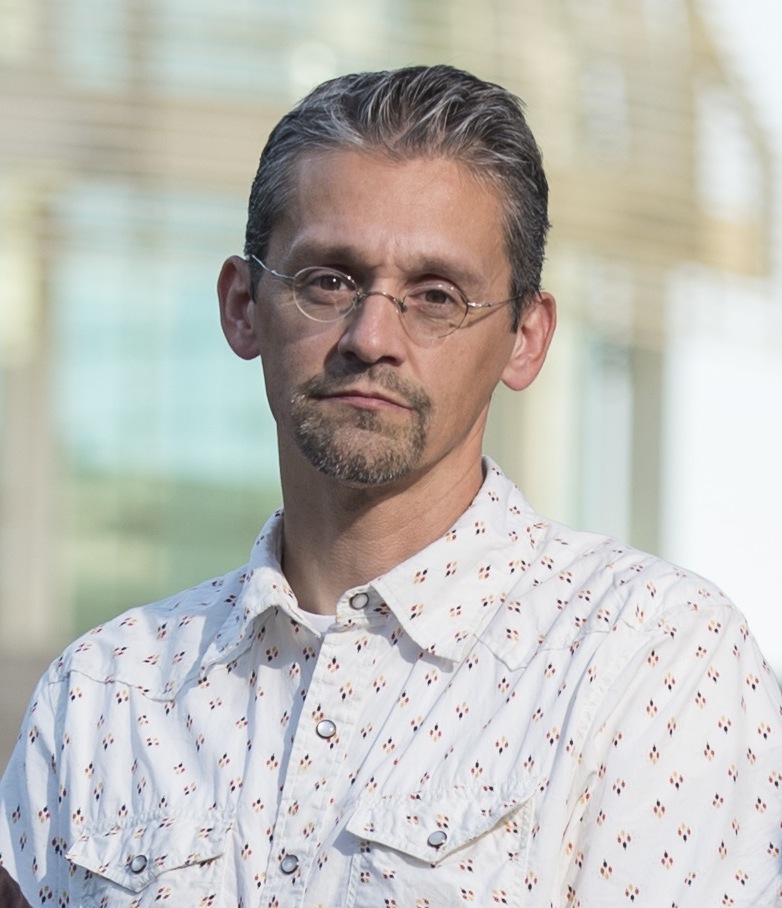 Marcos Pizarro, Ph.D.
Marcos Pizarro, Ph.D. Marcos Pizarro teaches at San José State University. He received his B.A. in Urban Studies from Stanford and his Ph.D. from UCLA's Graduate School of Education. Pizarro works with Chicana/o students at various stages in their schooling and tries to understand how interventions can help these students develop strategies to succeed in school and create social justice in their communities.
Marcos has explored the relationship between the identities of Chicana/o students and their academic performance. Currently, he coordinates MAESTR@S, a social justice organization developing and implementing a transformative education model in Latin@ communities. He also works with schools on the development and implementation of Latina/o Studies curricula. He is co-coordinator of the Institute for Teachers of Color Committed to Racial Justice.